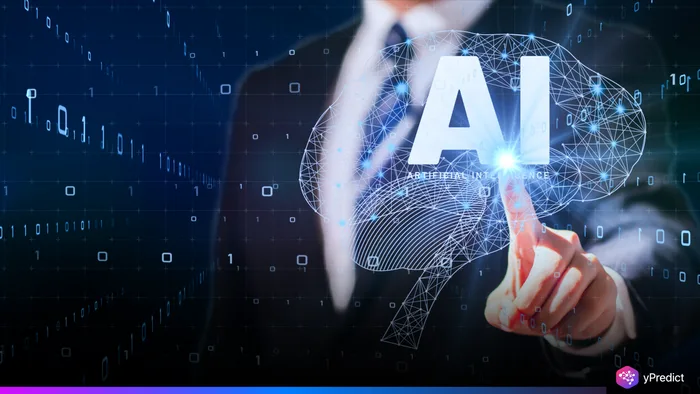
Artificial intelligence is not just a tool; it’s a revolution in how we learn, create, and compete. NVIDIA CEO Jensen Huang recently called AI “the great equalizer” and emphasized how it’s giving younger generations an unprecedented advantage. When every student and creator can access AI as a personal tutor, the traditional pathway of mastering a craft over decades starts to lose its value.
This shift is not theoretical; it’s already happening. Young innovators have taken to using AI effectively, implementing it into their art, writing, coding, music, and business activities. Their comfort with experimentation and rapid iteration has allowed them to surpass established and older professionals who have relied on manual expertise. The new rule is straightforward: adapt or be left behind.
The Decline of Traditional Expertise in the AI Era
For generations, experience was the cornerstone of mastery. Professionals spent years refining their skills, building their credibility through hard work and time. But AI as a personal tutor is changing that equation. Now, anyone can access top-tier knowledge instantly, practice at scale, and receive tailored feedback within seconds.
This doesn’t mean experience is useless, it just means it is no longer exclusive. The value of experience is diminishing when AI can guide a teenager to code like a senior engineer or compose music at a professional level. What once took decades to master can now be learned in months with the right AI tools.
Why Young Innovators Are Winning With AI
Young innovators don’t fear change , they drive it. They treat AI not as a crutch but as a co-creator. This mindset helps them build fast, test quickly, and ship new ideas with agility. Their approach is less about perfection and more about momentum. They are not waiting to be experts; they’re becoming experts by doing.
Armed with AI as a personal tutor, these creators can turn ideas into reality faster than ever before. Their edge comes from blending curiosity with intelligent tools. Unlike traditional models of education or employment, their learning paths are flexible, self-directed, and optimized by real-time AI feedback.
The Changing Value of Experience in a Machine-Led World
The value of spending two decades in a career is diminishing. What is valued now is how effectively someone can leverage AI to solve problems. In many sectors, hiring managers are already valuing adaptability and digital fluency over tidy resumes that detail two decades of shiny work experience.
There is still value in experience, but it must adapt. Anyone who does not build upon their experience through AI, could quickly find themselves irrelevant. Meanwhile, those who build upon their experience by leveraging AI to enhance their judgment and creativity will thrive. The friction lies not in replacing wisdom with technology but in how we can marry the two.
A New Definition of Expertise Is Emerging
AI is forcing a redefinition of what it means to be skilled. Mastery is no longer just about how long you’ve done something ,it’s about how well you can do it with AI. The future belongs to those who merge their thinking with machine intelligence.
Schools, companies, and creators must adjust their expectations. It’s time to shift focus from memorization to problem-solving, from rigid systems to creative agility. In this landscape, young innovators hold a surprising amount of influence ,and they’re only getting started.






